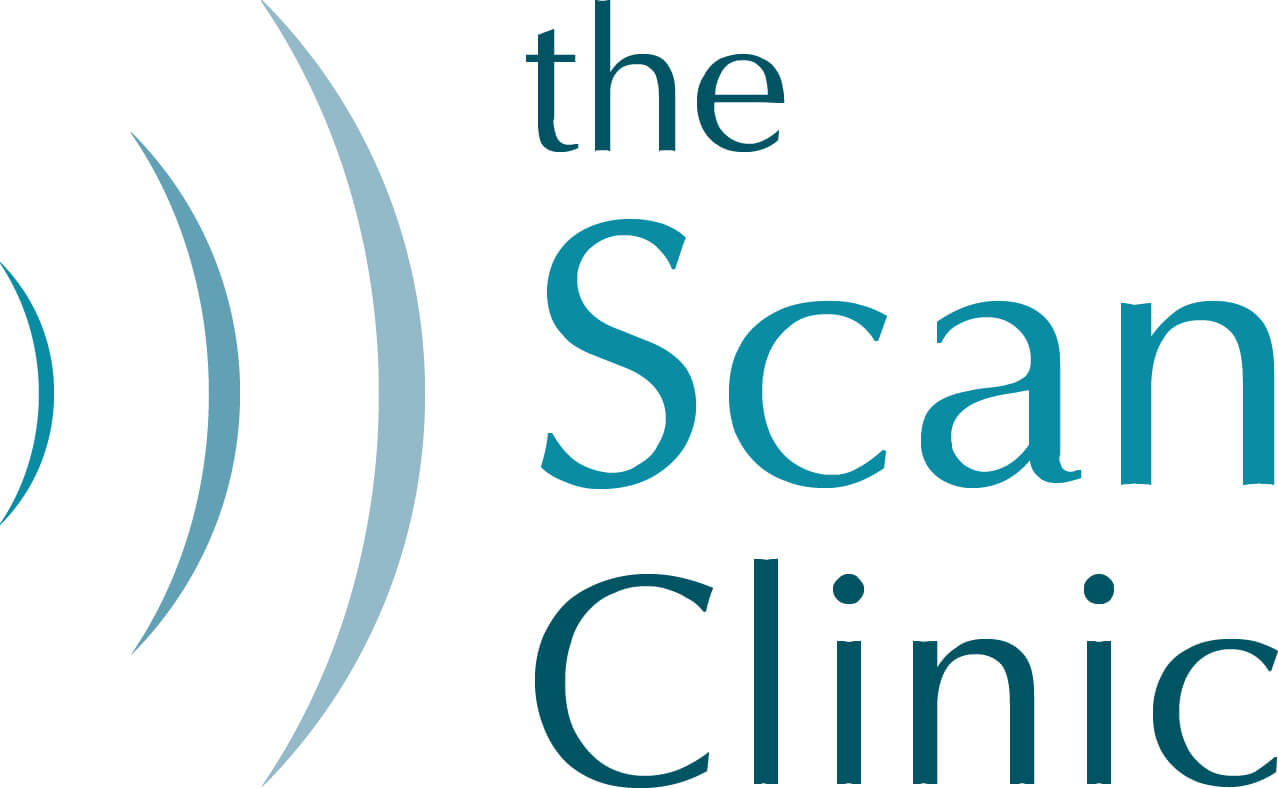For decades, ultrasounds have provided millions of expectant parents with peace of mind as they get a glimpse of their unborn baby for the first time.
In recent times, they have become a more popular option for parents looking to track their baby’s progress even before birth – with more options and higher quality scans becoming available in the private sector.
What exactly is an ultrasound?
An ultrasound scan uses high frequency sound waves to captures images inside the body. These sound waves are produced at a frequency, which cannot be heard by the human ear. When they bounce off different parts of the body, they create echoes that are picked up by the probe and captured as a moving image.
High frequency waves provide much better images but are unable to penetrate as deeply into the body as lower frequencies.
How are scans used?
Ultrasound scans have also become an increasingly common test to assist healthcare professionals with determining diagnoses, screening for specific problems, and as a guide during interventional procedures such as a biopsy.
Why are ultrasound used during pregnancy?
Ultrasounds have many uses during pregnancy:
- Reassurance – for many parents, an ultrasound scan provides confidence that their baby is healthy. They are useful for ruling out complications and screening abnormalities such as cleft lip. They cannot, however, detect all foetal abnormalities as issues such as the BMI, gestational age or size and position of the baby affect the result.
- Tracking progress – scans provide a unique opportunity to visualise and track a baby’s growth in the womb, while also allowing medical professionals to ascertain the due date. They represent a chance for parents to bond with their baby before they are born.
- Gender – increasingly, one of the most popular purposes of an ultrasound is to determine gender. While some parents prefer to keep the surprise, others like to know in advance to plan and prepare.
Are there any risks to my baby?
Ultrasound scans are considered to be very safe by the World Health Organisation. There are minimal adverse effects and no radiation exposure for either mother or baby.
What happens during an ultrasound?
During the scan, you may be asked questions about your health and will likely be examined.
You’ll be invited to sit or lie on a couch, with the lights in the room dimmed so that the images on the monitor are clearer.
After this, a water-based gel is applied to the appropriate area of skin. This gel allows the sensor to slide easily over the skin and helps produce clearer images. The clinician will move the probe over your skin while viewing the images on the screen. Upon completion, the gel can be wiped off and you will be free to get dressed.
As the scan takes place in “real-time”, the quality of the image and the information you learn is very much dependent on the expertise and skill of the professional scanning you.
How long does a scan usually take?
The process of carrying out a scan takes around 15-20 minutes.
—
About The Scan Clinic
Based in London, The Scan Clinic specialises in private ultrasound scans and multi-system health checks, allowing expectant parents the freedom to observe their baby as much as they choose throughout their pregnancy term.
The Clinic’s cutting-edge equipment is capable of producing detailed imaging analysis of the entire human body in 2D, 3D and 4D ultrasound; applications extend beyond pregnancy scans to also include organ assessments and blood tests.










